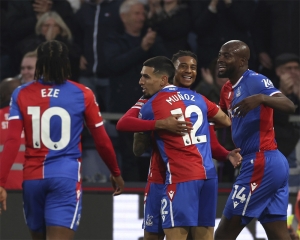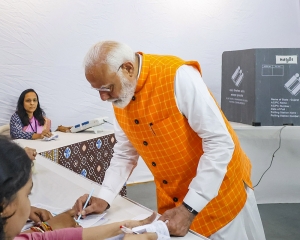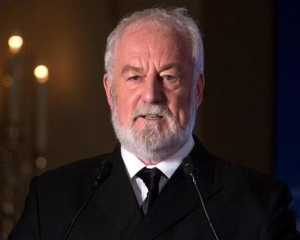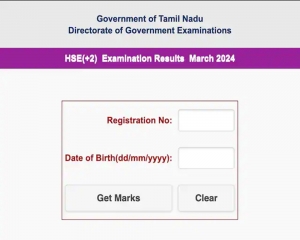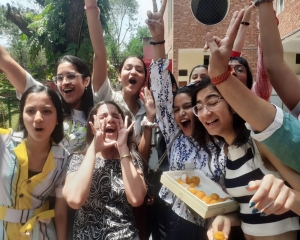The newer workforce will need a different set of skills to solve the more complex problems faced by the 21st century generation, says Rohan Parikh
The 21st century is a more complex world than what the previous generations grew up in. Educators define it as a ‘VUCA’ world — volatile, unpredictable, complex and ambiguous. The problems of the 21st century are vastly different than previously imagined or faced. This means that the demands placed on the next generation workforce will be different and they will have to be prepared to be more innovative. Compared to the previous generations, where the knowledge required was static, the newer generations will need a different set of skills to solve the more complex problems faced by the 21st century generation.
The solution also lies in education, which, today, needs to be more practical and skill-based in order to equip the students for the workforce. For them to become successful in their work life, they need to have deep knowledge, the ability to solve complex problems, and know how to rightly and practically use their knowledge and skills across different contexts. To build these life skills, students need the four Cs of the 21st century. These are as follows:
Critical Thinking
It provides students with the ability to analyse information which, in turn, can lead to problem-solving. In today’s information age, where a lot of data could be false, we need to build thinkers who can question the information they are given and verify its accuracy. And then accordingly, put the information in the correct boxes. This teaches students to stay engaged and question rather than just passively accepting information or knowing about something.
Moreover, critical thinking also encourages curiosity. Effective critical thinkers remain curious about a wide range of topics and generally have broad interests. They retain inquisitiveness about the world, have an understanding of and appreciate other cultures, beliefs and views. Overall, it makes them lifelong learners.
Creativity
It means the art of thinking outside the box. Creativity doesn’t imply that we need more artists or writers in the world, rather we need workers who can analyse the problems from various perspectives and lenses and in accordance, come up with innovative solutions that we may not have considered before.
Thinking critically about even the simplest of issues and tasks can give out constructive and creative outcome.
Collaboration
The ability to work together with other people is called collaboration. Almost every job requires people to work in a team. However, not everyone might possess the skill to work effectively with others. Being able to collaborate, share ideas, pitch solutions, give presentations, take on the rejection of their ideas or even learn from others is very important. The most important thing for students to learn from the idea of collaboration is that they may not always be right and that one can always gain knowledge and ideas while brainstorming with other people.
Moreover, team work doesn’t just strengthen imagination and bring new ideas but also builds morale. One might feel that her/his work is being valued when s/he contributes to something that gets approval. If you offer an idea that helps improve productivity, confidence and trust is built within the team.
Communication
Communication is just as important as the other four Cs. Students have to be able to effectively communicate their ideas/solutions. They need to understand how to use the correct tone, language, and understand the kind of people they are speaking to and put their point across succinctly without losing their attention or confidence.
Good communication skills are key to a successful career. They are essential to allow others and yourself to understand information more accurately and quickly. Poor communication might often lead to frustration and misunderstanding.
It is only when these four Cs come together that we can make effective leaders of tomorrow. This provides them with confidence and agency to go out in the world and tackle the problems that come in their way. These regulations can be brought in a school’s curriculum to prepare students for the future. This might also teach them how to tackle the pressure at the workplace. As they grow in their careers, the four Cs will help them adapt, innovate, collarbone and communicate and therefore be more effective in achieving their ambitions.
(The author is the director of the Green Acres Academy.)
















